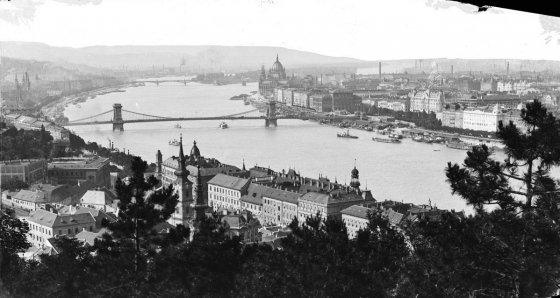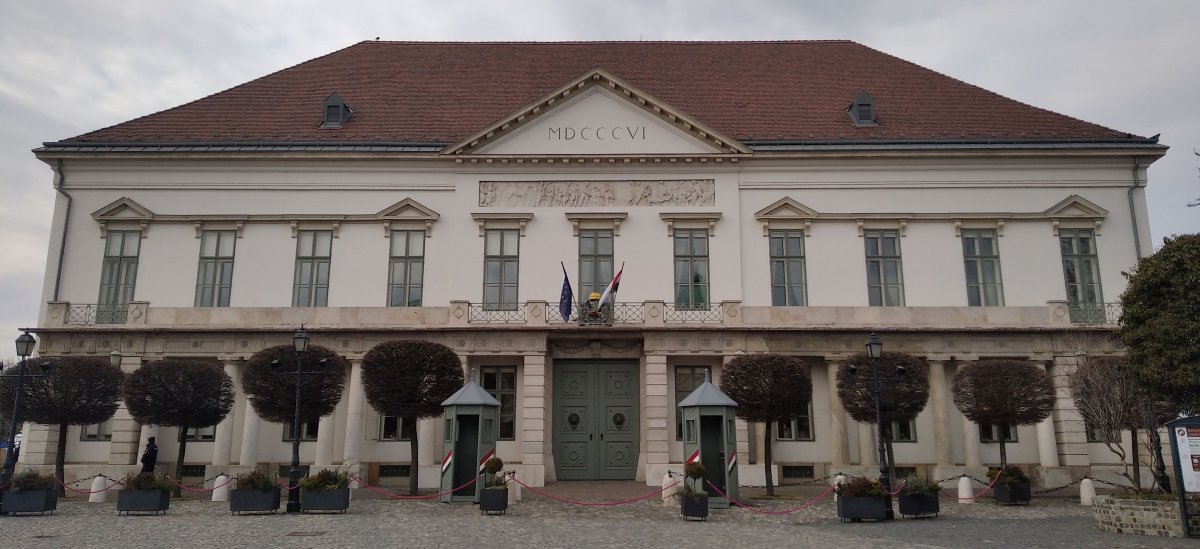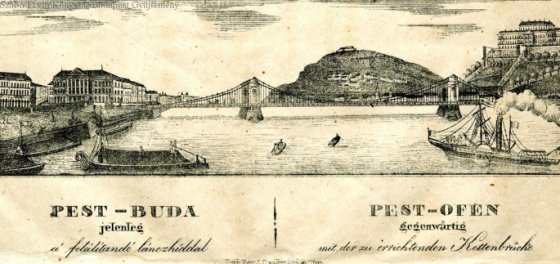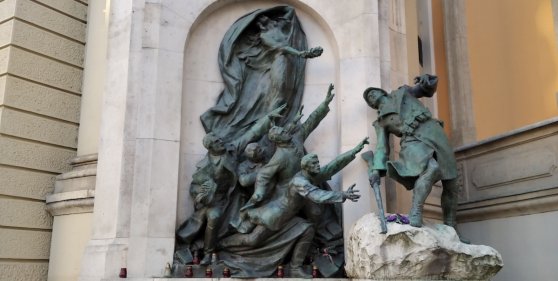 The „intertwined history” of the bridges and the city of Budapest
Which ideas and events have shaped the fate of bridges of Budapest and the cityscape? Alongside many other interesting facts, this question is also answered this newly published book by the Budapest City Archives, which introduces the history of bridges in Budapest.
The „intertwined history” of the bridges and the city of Budapest
Which ideas and events have shaped the fate of bridges of Budapest and the cityscape? Alongside many other interesting facts, this question is also answered this newly published book by the Budapest City Archives, which introduces the history of bridges in Budapest.
the colourful representative rooms from the 19th century were restored
 The witness of stormy centuries - The renovated Sándor Palace was handed over 20 years ago
The witness of stormy centuries - The renovated Sándor Palace was handed over 20 years ago
March 10, 2022 at 1:00 PM
The Sándor Palace is one of the most important buildings of the Buda Castle. It was built for private purposes in the early 19th century, but only its name suggests it today. Due to its extremely favourable, central location, it was inhabited by the then Prime Minister after the 1867 Compromise, and although this tradition was broken in the decades after World War II, it again played an important role after the turn of the millennium: the Office of the President of the republic moved within the walls.
More articles
 The „intertwined history” of the bridges and the city of Budapest
Which ideas and events have shaped the fate of bridges of Budapest and the cityscape? Alongside many other interesting facts, this question is also answered this newly published book by the Budapest City Archives, which introduces the history of bridges in Budapest.
The „intertwined history” of the bridges and the city of Budapest
Which ideas and events have shaped the fate of bridges of Budapest and the cityscape? Alongside many other interesting facts, this question is also answered this newly published book by the Budapest City Archives, which introduces the history of bridges in Budapest.
 The Bridge Report, which brought a turning point in the history of Budapest
A travel report that changed the history of Pest and Buda, as well as Hungary. The little book contributed to the change of half a thousand years of legal customs and the implementation of an investment of unprecedented size and technical quality. This book was The Bridge Report [Hídjelentés in Hungarian].
The Bridge Report, which brought a turning point in the history of Budapest
A travel report that changed the history of Pest and Buda, as well as Hungary. The little book contributed to the change of half a thousand years of legal customs and the implementation of an investment of unprecedented size and technical quality. This book was The Bridge Report [Hídjelentés in Hungarian].
 Drama on the university wall - The heroic monument was planned 95 years ago
In the constant hustle and bustle of the Egyetem Square in Pest, the students may not even notice the monument that decorates the short section of wall between the church and the central building of ELTE. However, it commemorates their predecessors, the heroes who fought for their country in World War I, and those who heroically helped them. The first design of the dramatically collapsing soldier was born in 1928, ninety-five years ago.
Drama on the university wall - The heroic monument was planned 95 years ago
In the constant hustle and bustle of the Egyetem Square in Pest, the students may not even notice the monument that decorates the short section of wall between the church and the central building of ELTE. However, it commemorates their predecessors, the heroes who fought for their country in World War I, and those who heroically helped them. The first design of the dramatically collapsing soldier was born in 1928, ninety-five years ago.
